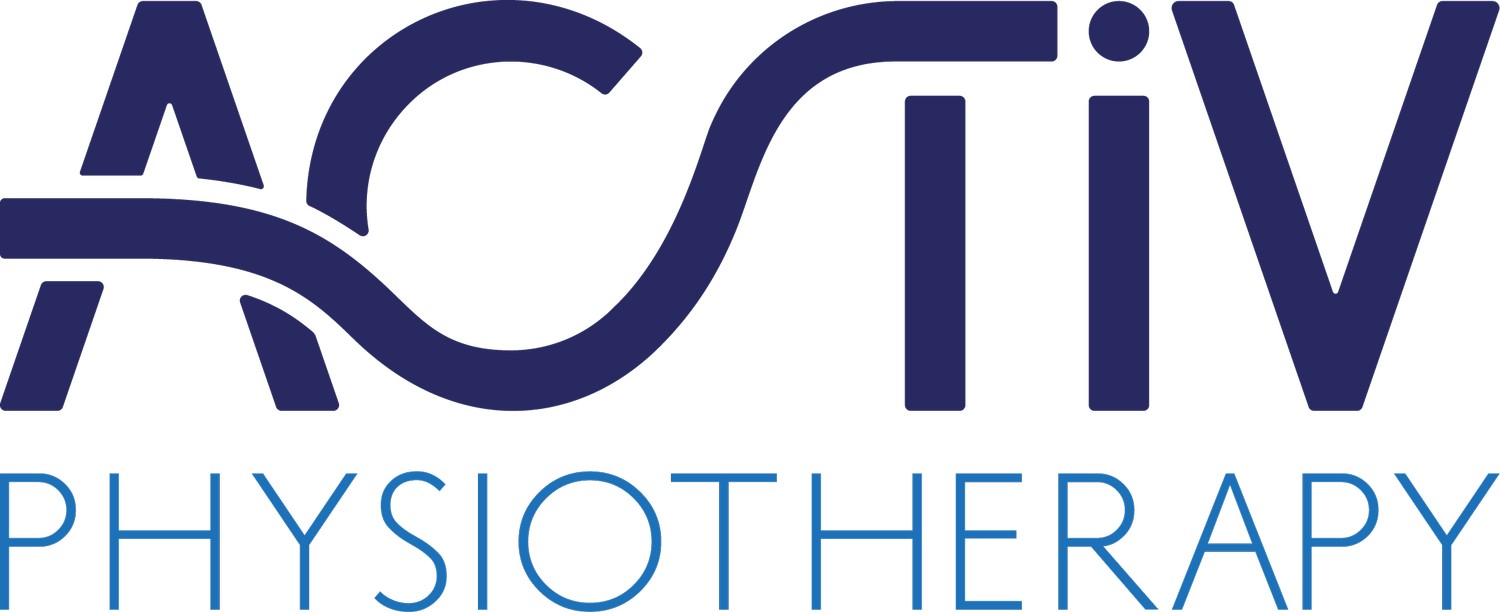The Many Benefits Of Integrated Mindfulness Alongside Physiotherapy
Having recently completed a mindfulness course with Alison Hammerton at Hope Valley Health and Wellbeing, I have found myself not only seeing the benefit personally with reduced head chatter and a greater sense of calm but also how beneficial this has been to signpost clients towards the practice too. Indeed, research has shown that integrating mindfulness practice alongside physiotherapy can enhance the effectiveness of treatment, improve patient outcomes, and support overall wellbeing.
1. Pain Management:
Awareness of Pain: Mindfulness teaches patients to observe their pain without judgment, which can reduce the emotional distress associated with chronic pain.
Breath Awareness: Techniques like mindful breathing can help patients manage pain during physical therapy exercises by focusing on the breath rather than the discomfort, this assists in stimulation of the parasympathetic nervous system.
2. Stress Reduction:
Mind-Body Connection: Mindfulness encourages a stronger connection between mind and body, which can help patients become more aware of how stress affects their physical health.
Relaxation Techniques: Incorporating mindfulness can reduce muscle tension and anxiety, making physiotherapy sessions more effective.
3. Enhancing Movement and Function:
Focused Movement: Patients are taught to move with full awareness, paying attention to how their body feels during exercises, which can improve motor control and movement efficiency.
Body Scanning: This mindfulness technique involves mentally scanning the body to become aware of sensations, tension, or discomfort, helping patients identify areas that need attention in therapy.
4. Improving Treatment Adherence:
Increased Motivation: Mindfulness practices can help patients stay present and engaged in their therapy, leading to better adherence to treatment plans.
Self-Compassion: Patients learn to treat themselves with kindness, which can reduce frustration and increase perseverance during recovery.
5. Supporting Mental Health:
Reducing Anxiety and Depression: Mindfulness has been shown to reduce symptoms of anxiety and depression, which are common in patients with chronic conditions or those undergoing long-term rehabilitation.
Improving Overall Well-being: Integrating mindfulness into physiotherapy can improve patients' overall sense of wellbeing and quality of life.
6. Patient Empowerment:
Active Participation: Mindfulness encourages patients to take an active role in their healing process, empowering them to take control of their recovery.
Mindful Decision-Making: Patients become more attuned to their bodies and can make more informed decisions about their treatment and self-care practices.
Practical Application in Physiotherapy:
Mindful Breathing Exercises: Physiotherapists can guide patients through breathing exercises to help them relax and focus during sessions.
Guided Meditation: Short mindfulness meditations can be incorporated before or after physical therapy to prepare the mind and body for healing.
Mindful Movement Practices: Techniques such as yoga, Tai Chi, or simple stretching routines done mindfully can be part of a therapy session.
Integrating mindfulness into physiotherapy provides a holistic approach to treatment that addresses both the physical and psychological aspects of healing. This approach not only helps in managing symptoms but also promotes long-term wellbeing by fostering a deeper awareness and connection between the mind and body.
Hope Valley Health & Wellbeing | Contact Me (hopevalleyhealthandwellbeing.co.uk)
Practical Zen for Health, Wealth and Mindfulness' by Julian Daizen Skinner and Sarah Bladen.

